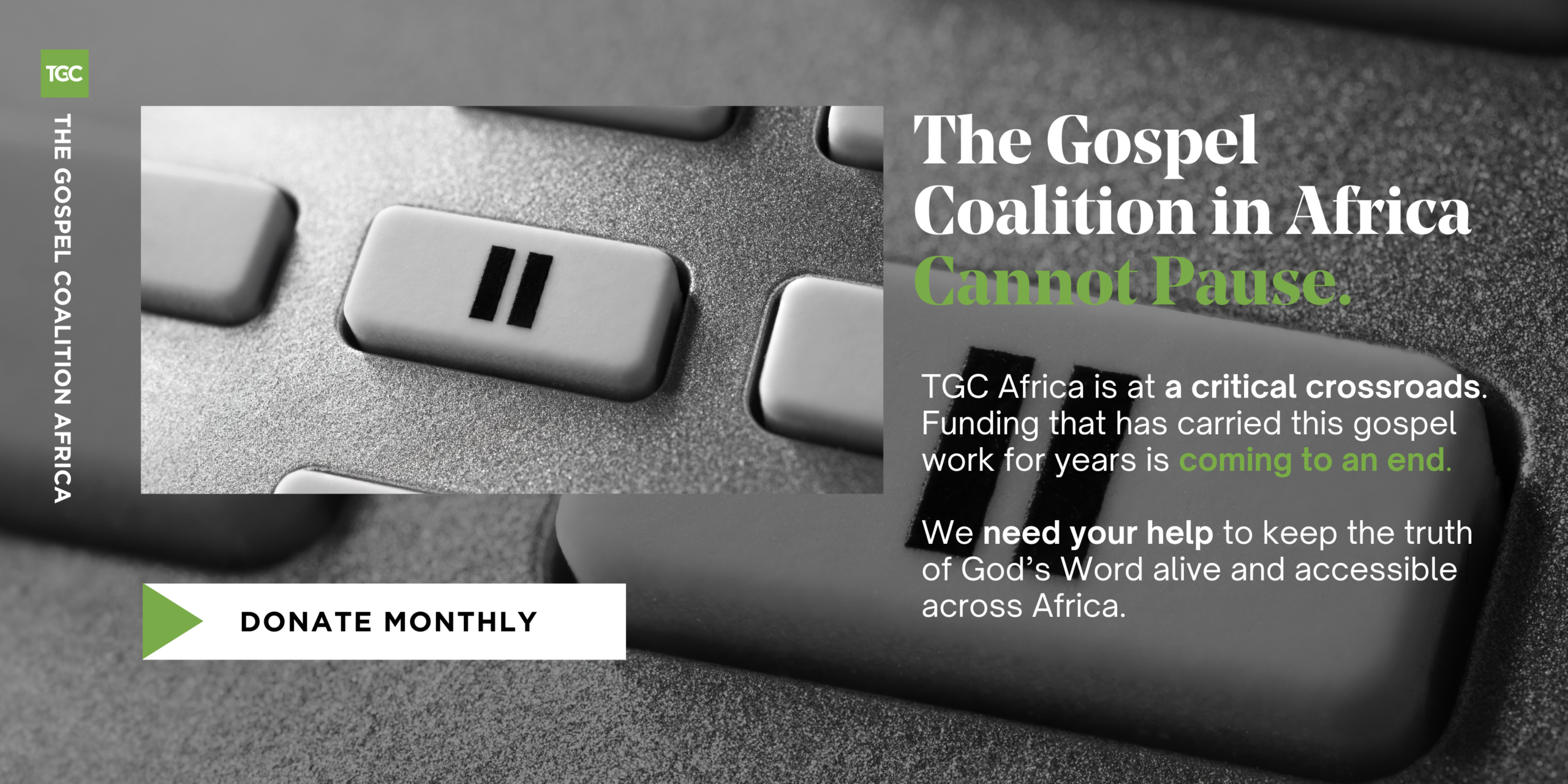So, what are your plans? When this question finally drops from your parent after you’ve covered school, work, the weather, and even the price of tomatoes, you know exactly what they’re asking. They’re politely asking when you’re getting married. African parents rarely speak of emotions directly. In my childhood home, we discussed only the functional bits of life. “Are you hungry?” “Did you pay the school fees?” Heart-to-heart talks were as rare as snow in Nairobi. When it occurred, it felt like walking on needles. Conflicts were simply swept under the proverbial rug.
African parents rarely speak of emotions directly.
We cannot assume that, once adults, we’ll suddenly delight in baring our souls. This gives light into some of the realities why biblical counselling isn’t something that will be easily embraced. In this article, I seek to examine biblical counselling through African eyes; its challenges, necessity, and bright future on our continent.
What Is Biblical Counselling?
Counselling is the process in which a counsellor helps a counselee by guiding them through emotions, life-struggles, decisions, and sinful habits. Biblical counselling is the same process. But the biblical counsellor uses God’s word as the final authority to address suffering, sin, emotions, and every issue the counselee brings (Proverbs 20:5; 2 Timothy 3:16-17; Psalm 119:105).
Problems and their solutions are shaped by the authority of scripture.
Problems are discussed and their solutions are shaped by the authority of scripture. Scripture itself commands believers to “admonish one another” and “bear one another’s burdens” (Colossians 3:16; Galatians 6:2). Biblical counselling endeavours to obey these commands given to all believers through intensive discipleship.
Why Biblical Counselling?
The why of anything is the engine that drives it. We are passionate about things or people or displeased in equal measure, because of the why behind it. Among the many types of counselling available, why elevate biblical counselling?
The why of anything is the engine that drives it.
Its objective is clear: to present every person mature, conformed to the image of Christ (Romans 8:29; Colossians 1:28). Lasting change is heart-deep, not mere behaviour modification (Matthew 15:18-19). Rather than urging the counselee to “look within,” biblical counselling points the counselee outside themselves to Christ, who alone has the power to change and conform them to his likeness (2 Corinthians 3:18). Biblical counselling has the gospel at its heart.
How to Embrace It As an African
I acknowledge that family dynamics and culture powerfully shape how we relate. We cannot deny the reality of how the culture around us shapes how we think; how we relate to others. Granted that we can’t exclusively blame our culture or upbringing for behaviour or sin, those things do influence us; only, they shouldn’t define us.
Shame-honour cultures insist it is shameful to expose personal struggles.
For starters, African culture is a shame-honour culture that insists it is shameful to expose personal struggles (Proverbs 11:2). Strength is seen in being able to handle problems alone, looking strong even when the world around you is crumbling. A good example is when someone is grieving. In most African homes, the person least affected by grief is considered the strongest—even if that person embraces their stoic posture out of fear that they may seem weak.
For a person to go to counselling because of the weight of grief would be considered an anomaly in African eyes. Yet the gospel liberates holistically, including our culture (Galatians 3:28). God’s design for believers, which is what all biblical counsellors adhere to, is that believers walk side by side, counselling one another in love (Ephesians 4:15-16). He raises gifted members committed to intensive discipleship—biblical counselling (Ephesians 4:11-12). As believers, we can lovingly embrace this calling. Biblical counselling in Africa is still a candle dimly lit, but with each new day it burns brighter.
The Progress of Biblical Counselling in Africa
The Lord has been gracious to bring the gospel to the African continent over the centuries, and today, many solid, healthy churches flourish. The wave of biblical counselling has likewise begun as a flickering flame, yet it is burning brighter by the day. More Africans are now pursuing formal training. Here in Kenya, we’re witnessing a steady surge.
I desire to see Africans throw off the cultural lie that vulnerability is weakness or shameful.
My prayer is to see churches across Africa establish counselling ministries and even counselling centres. I desire to see more Africans choosing to talk through their issues, throwing off the cultural lie that vulnerability is weakness or shameful (2 Corinthians 12:9-10). As we plant the seeds of biblical counselling in our contexts, may the Lord cause steady as well as sturdy growth, so that believers counsel one another, walking side by side as they journey toward glory (Philippians 1:6).
Because of the gospel, African people can rise above their cultures and traditional values and embrace biblical counselling. They can embrace accepting weakness and joyfully seeking biblical help. The gospel transforms us wholly, even in our culture.

DON’T HAVE PAYPAL TO SET UP A MONTHLY DONATION? If you would like to donate via Payfast – a secure payment gateway available to donors both inside and outside of Africa – please click here.

